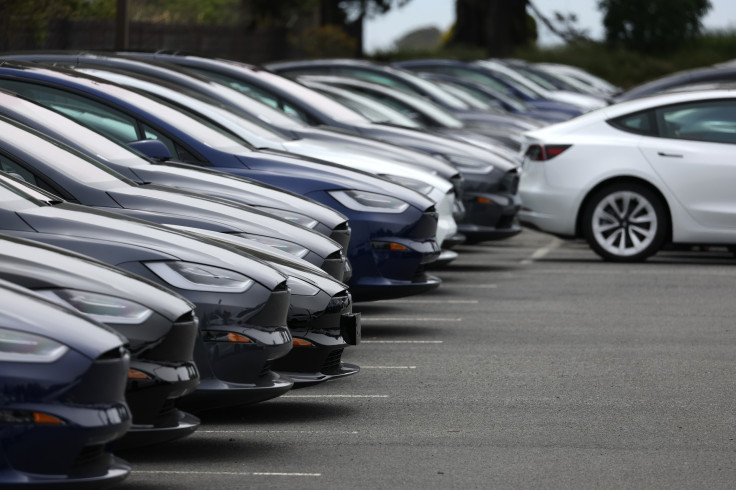More Than Half Of Consumers Expect To Work More Hours Or Get Another Job To Afford Next Car
73 percent of consumers have delayed buying a new car due to high prices

A survey reveals that many American consumers are struggling to afford their next car, with over half planning to work extra hours or take on a new job just to make the payments.
54 percent of shoppers revealed that they are planning to work more hours or apply for an additional job so they can have enough money to afford a new or used car. They also plan on axing vacations to afford the payment.
The survey by Edmunds, conducted in August 2024, shows a significant gap between consumers' expectations regarding car prices and the realities of a current market marked by inflation.
According to the survey, 73 percent of consumers have delayed buying a new car due to high prices, while 62 percent blamed rising interest rates as a contributing factor.
The survey showed that on average, consumers hope to spend $35,000 to buy a new car, but the reality is far more bleak: the actual average cost for a new car was about $47,716 as of July 2024.
The reason behind this discrepancy is two-fold.
First, shoppers are basing their expectations on a car market from six years ago or pre-pandemic, when prices were much lower. In that climate, interest rates were at near historic lows, clocking in at roughly 4.6 percent in May 2018, according to Statista.
Second, in the current economic climate, consumers are facing sticker shock due to a market that's experiencing rising costs throughout many industries.
Shoppers are so disconnected from reality that only 14 percent hope to spend $20,000 or less for a new car, a scenario the survey shows is virtually non-existent.
The disconnect doesn't just apply to new cars. Even consumers considering buying a used vehicle might be out of touch, with 50 percent hoping to pay $15,000 or less.
The survey shows that only 5 percent of actual transactions fell within that range as of July 2024.
Interest rates also play a determining factor in a car's affordability. While 75 percent of shoppers wanted interest rates between zero and six percent, the reality is a bit different.
60 percent of consumers who bought a new car recently, financed their vehicles at rates between four and nine percent, with an average rate of 7.1 percent.
Used-car buyers face similar challenges, with 76 percent preferring interest rates under five percent, when most financed purchases came with rates between six and 11 percent.
The survey noted that these factors are making the process of shopping for a car more stressful than ever for American consumers.
© Copyright IBTimes 2024. All rights reserved.




















